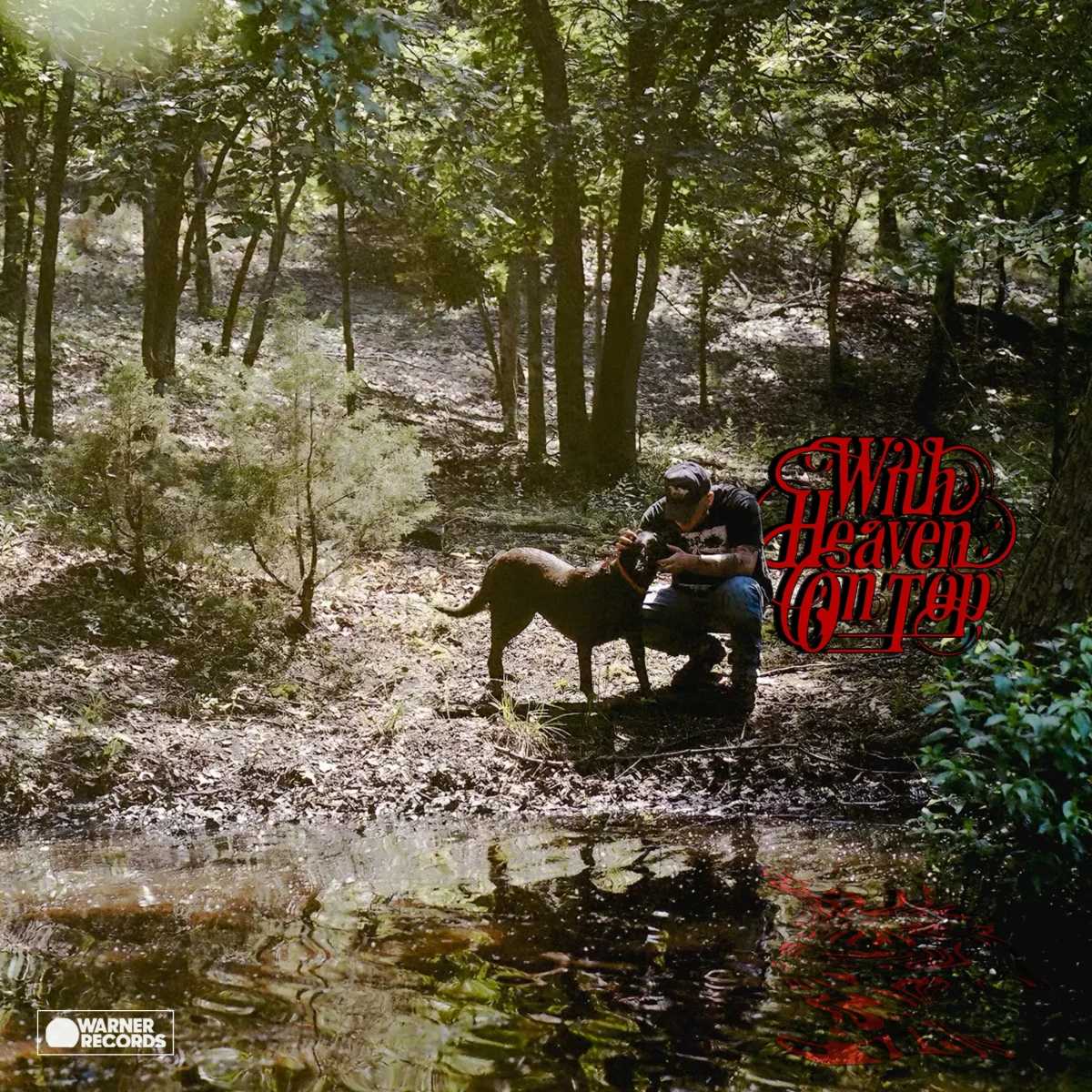
Eric Einem is about to go diving, but instead of water, he’s going to plunge into a pile of trash.
Those involved in freeganism (a strategy for living “based on limited participation in the conventional economy”) are familiar with dumpster diving. In this practice, those interested in reducing their carbon footprint salvage any waste they might find by jumping into large trash bins. Dumpster divers can save hundreds of dollars each month by rescuing edible food from grocery stores that would have otherwise made its way to a landfill.
The U.S. Department Health and Human Services estimates that around 25 percent of all food we produce annually for consumption is thrown out, usually because of blemishes, spoilage or minor damage to the product.
“I’m sad we waste all these resources,” said dumpster diver Eric Einem. “We can’t afford to fill landfills with toxic waste.”
Einem started to dumpster dive after a friend told him about it. He has been awestruck by some of the things he has found. Food he has rescued include green bananas, chocolate, pork ribs, strawberries, pita bread, eggs, tomatoes, lettuce and even a box of wine.
Despite Einem’s two years of dumpster diving experience, he has never gotten sick from any of the food he consumes from the dumpster.
“I use common sense. I look for food that is well packaged or clean,” Einem said. “Smell can also be a good indicator.”
CSUN psychology professor and freeganist Dr. Erica Wohldmann adds to Einem’s tips on selecting food.
“Don’t eat strange meat or dairy. If it looks or smells bad don’t eat it,” Wohldmann said. “You wouldn’t eat moldy food from your fridge, so look very carefully at what you pick out of the garbage. There is often a lot of great stuff mixed with bad.”
Wohldmann said she is not as experienced in dumpster diving, but has been practicing ways to conserve resources, such as eating leftover food people leave behind.
On occasion, dumpster divers will run into problems with law enforcement. While the only law you might violate for dumpster diving is trespassing on private property, most cities in Southern California do not have any law that forbids you from taking someone else’s trash.
Recently while dumpster diving at Bristol Farms, Einem was charged with trespassing and unauthorized removal of trash.
“I was in the parking lot of Bristol Farms and a couple of dumpster divers were behind the fence, when the police came and pulled out their guns,” Einem said. “After charging us (for trespassing) they decided to impound my car which was in the parking lot.”
Although Einem does not know what will become of the charges, he continues to dumpster dive.
Other food rescuers have found ways to save food without the risk of digging through the trash.
Rick Nahmias is the founder of Food Forward, a non-profit food organization for the needy, which aims to prevent food waste. He goes to private or public spaces with locally grown food and asks permission to harvest any unused resources.
“Food waste is horrible. Especially in Los Angeles where one in every eight Angelinos has issues securing their next meal,” Nahmias said.
Einem continues to crusade in Los Angeles for a less wasteful society. He hosts a dumpster diving tour which meets up every last Saturday of the month. The tour is often done during the late hours of the night.
“I would be very pleased to see grocery stores reduce what they throw away,” Einem said. “I envision a world without waste.”





